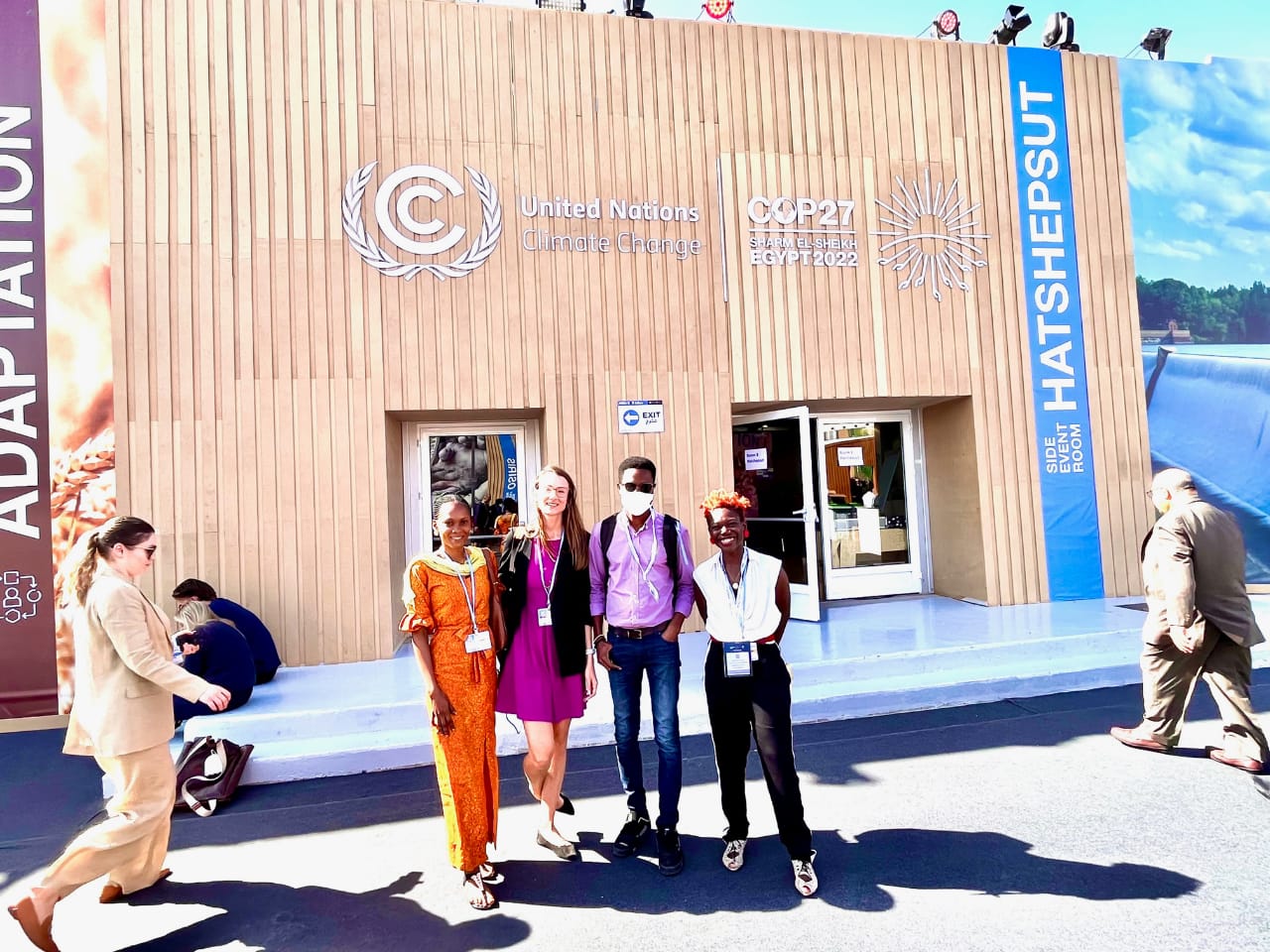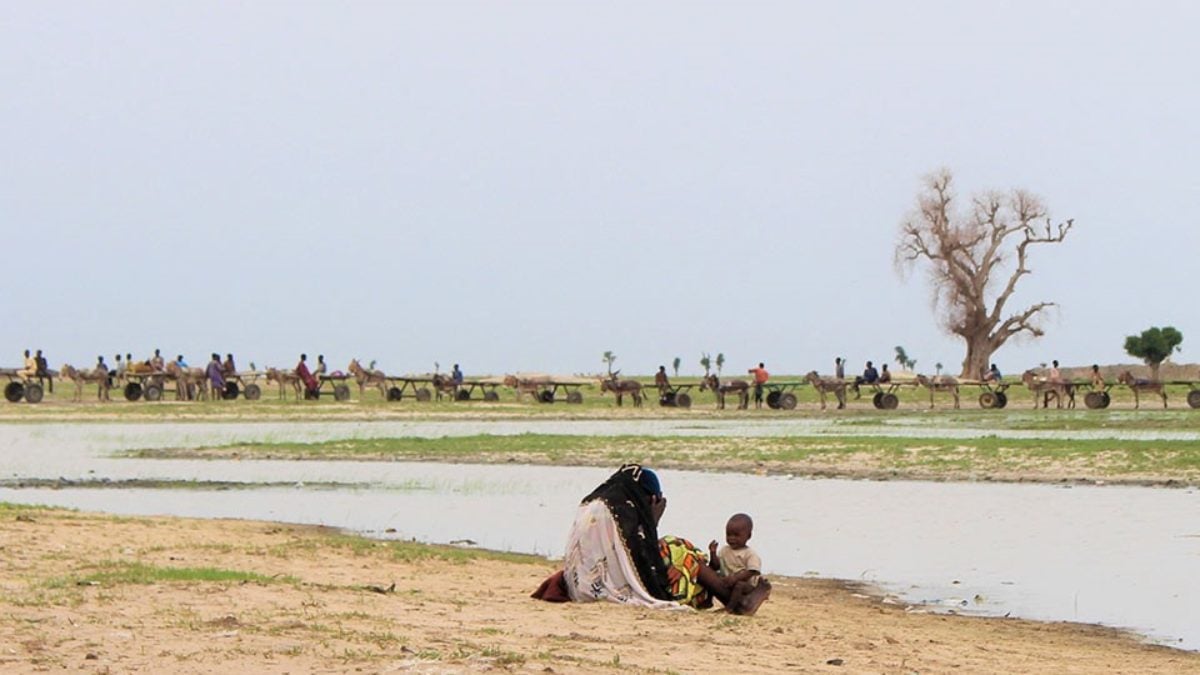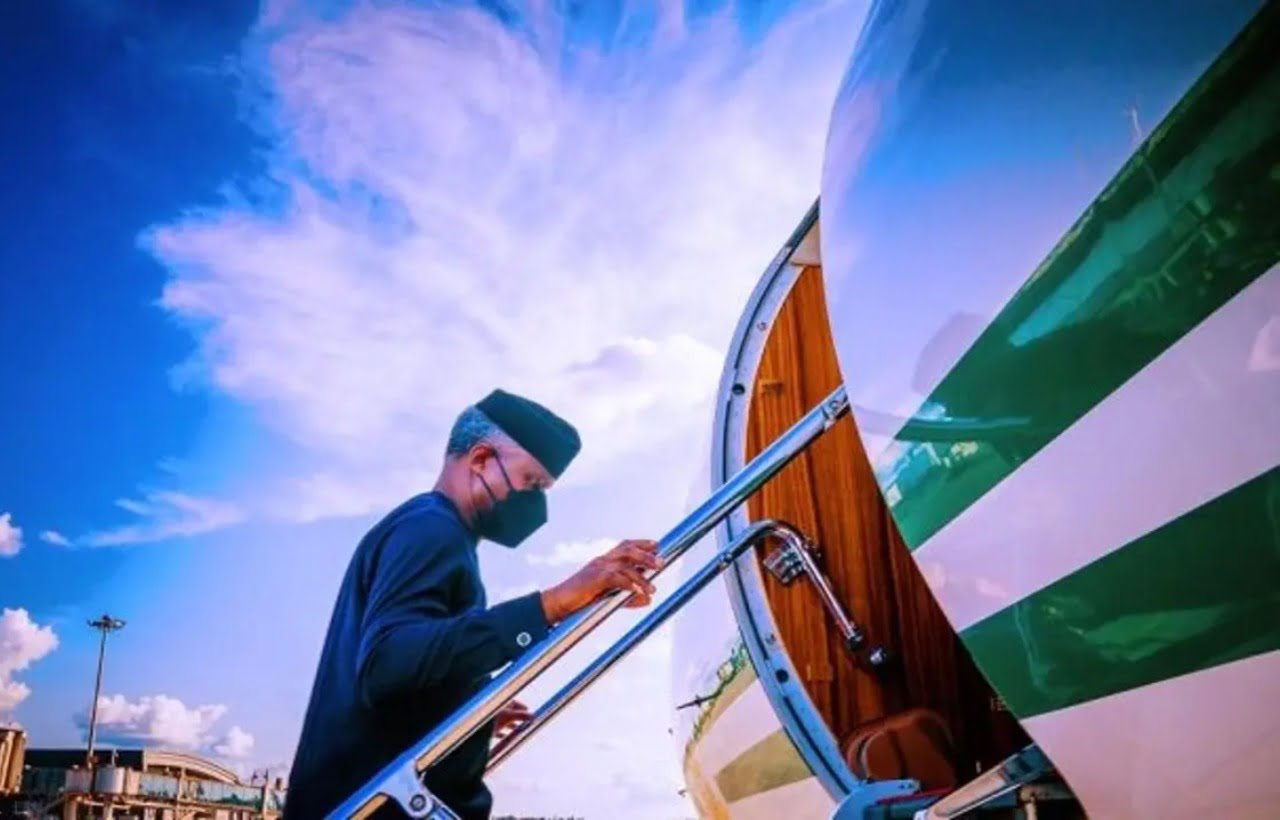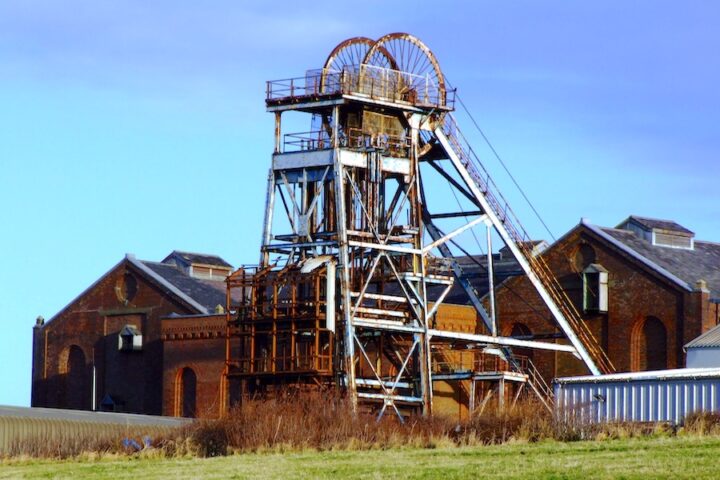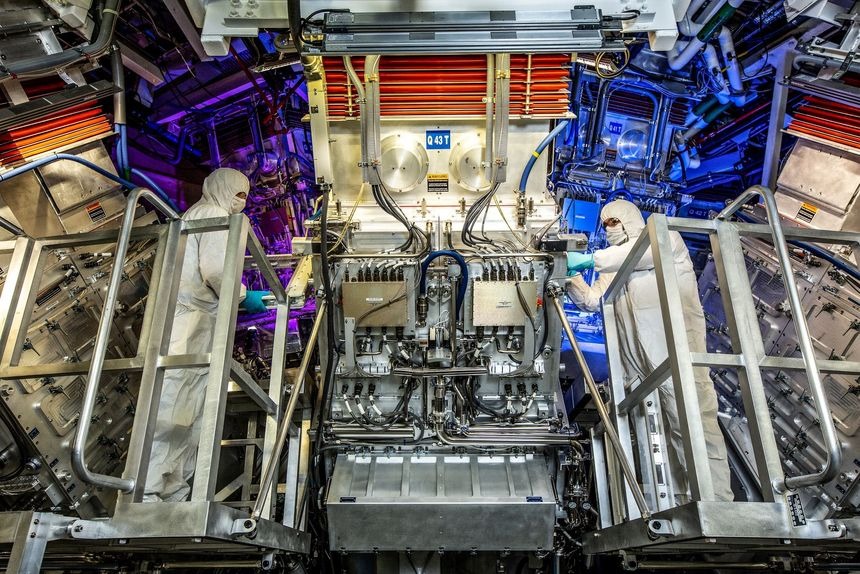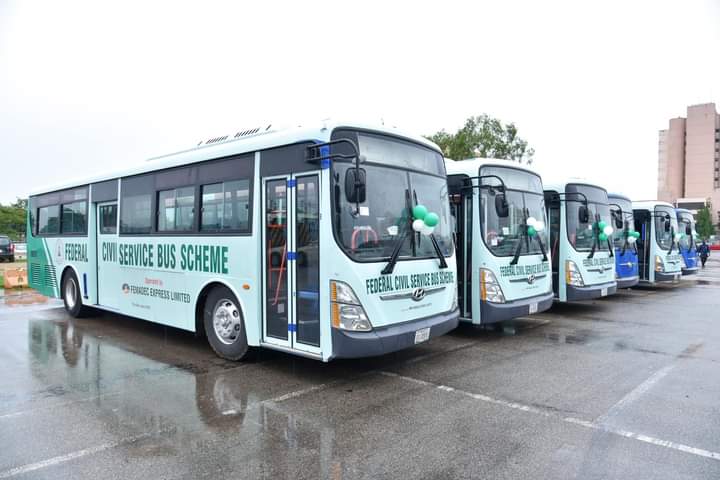By TOLULLAH ONI
What if access to health-enabling, climate-resilient environments in cities was the central pillar of all urban development? What if youth led the way in reimagining cities as places that protect health? And what if Africa, as the fastest urbanising continent with the youngest population, led the world in harnessing urban development for health and climate resilience?
I believe three ingredients are needed to achieve this transformational change in how we build cities:
First, we must aspire to shift the norms of what we consider a good city from one that increases illness risk and climate vulnerability to one that prioritizes health creation and climate resilience in all urban development and infrastructure decisions. Imagine, for example, a city that asks “how does this new development project we are being asked to approve impact the health of the population? Can this initiative be an opportunity to create health? Can this new infrastructure prevent climate vulnerability for all (and not just the wealthy)?”
Advertisement
Secondly, we need localised data to understand how these surroundings affect health and promote health accountability. Critically, everyday people must have such data. Imagine a healthy, climate-resilient city that aligns urban initiatives for health. Imagine if citizens of that city could obtain real-time air quality data to identify air pollution sources and use this information to mitigate air pollution. In this example, such data could inspire action and advocacy for clean air.
Lastly, because this is a herculean task, we will need all of society to work together. We will need to build and mobilise a community of people, from civil society, public and private sectors that conspire and work together to increase the supply of health from the place and the demand for healthy sustainable places.
This is the essence of the UrbanBetter Cityzens initiative. We:
Advertisement
ASPIRE..for an urban reality where access to health-enabling, climate-resilient environments in cities is the central guiding principle of all urban development.
INSPIRE..through the use of participatory data on urban environments and health to inform activism, shape advocacy and guide prioritisation and accountability of the impact of urban infrastructure development on health and climate risk.
CONSPIRE..building a vibrant movement of citizen scientists across the African continent who are impatient for impact and relentlessly drive demand for healthy climate-resilient public spaces.
And because 70 percent of Africans are under 30, our focus is on them.
Advertisement
The first Cityzens initiative is the #Cityzens4CleanAir campaign, amplifying youth voices with advocacy on air pollution, climate and health using citizen scientist data generated by young people.
We designed running experiments in Lagos, Accra, and Cape Town with youth from each city between June and November 2022. These 27 runners recruited over 300 runners to assess air quality with wearable sensors. Cityzen scientists used a custom UrbanBetter Cityzens smartphone app to geocode multimedia (picture, audio, video, text) data on health-related built environment features and perceived air pollution sources seen throughout the run. The Cityzens interactive data platform displayed sensor and app data from running environments. A few weeks later, inspired by their findings, they met again for a one-day workshop to brainstorm and craft crucial evidence-informed advocacy messaging for COP27. South American cities are also engaging with this initiative. This advocacy effort aims to demonstrate how air quality data may inspire public and private sector players to proactively create health through urban infrastructure.
Three young citizen scientists from Lagos, Accra, and Cape Town have represented the initiative at COP27 in Egypt. An interactive exhibit features citizen scientists, their advocacy message, data story results, and campaign policy proposals from 10-12 November. Two citizen scientists participated in discussions around air pollution leadership and intergenerational action at the Youth Pavillion on November 9th and again on November 10th in a discussion on youth and research in African city resilience at the Multilevel Action Pavillion, where they also had the opportunity to address this campaign.
Africa has the potential to lead the world in institutionalising innovative participatory processes that harness and mainstream the power of youth. By sharing this work on a global platform, we are demonstrating the feasibility (and as yet untapped potential) of engaging youth in participatory measurement and decision-making for healthy climate-resilient cities.
Advertisement
The Africa Union’s Agenda 2063 goals include health and inclusive sustainable cities. This requires city building transformation. The extent of system-change necessary means that urgent immediate action to re-align urban systems for health and sustainability must be taken TODAY to achieve Agenda 2063 goals in 40 years.
Close your eyes and imagine Cityzens4CleanAir scaled out across the continent with citizen scientists monitoring their local air quality and comparing it to other parts of their city or other cities in other countries. Imagine if this participatory measurement mobilised the majority demographic and municipal government actors to build participatory mechanisms for young people to plan and evaluate interventions that shape the urban health environment for health and climate resilience.
Advertisement
Open your eyes—we’re genuine. Aspire, inspire, and conspire with us to create the Africa we want and deserve.
Tolullah is the clinical director of research in global health at the University of Cambridge MRC Epidemiology Unit, an extraordinary professor & chair in architecture at Innovation Africa@UP, University of Pretoria, South Africa, and the founder of UrbanBetter.
Advertisement
